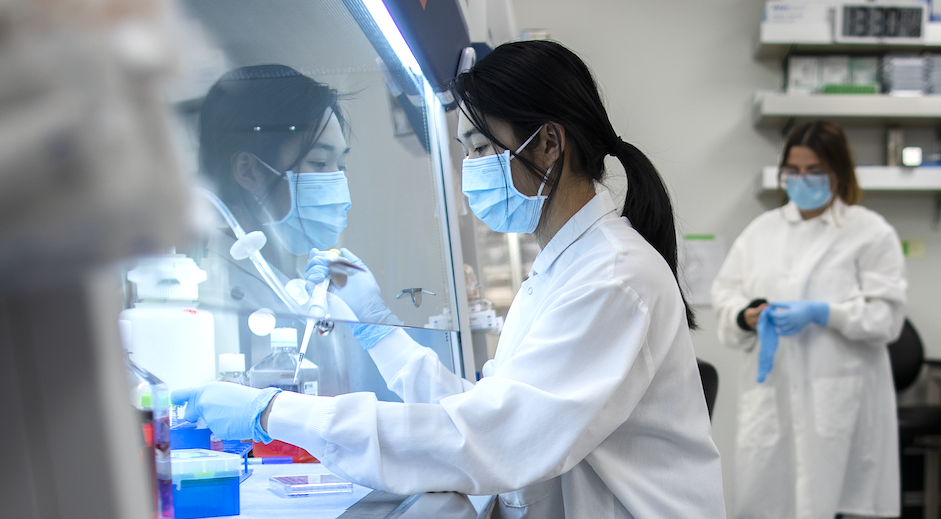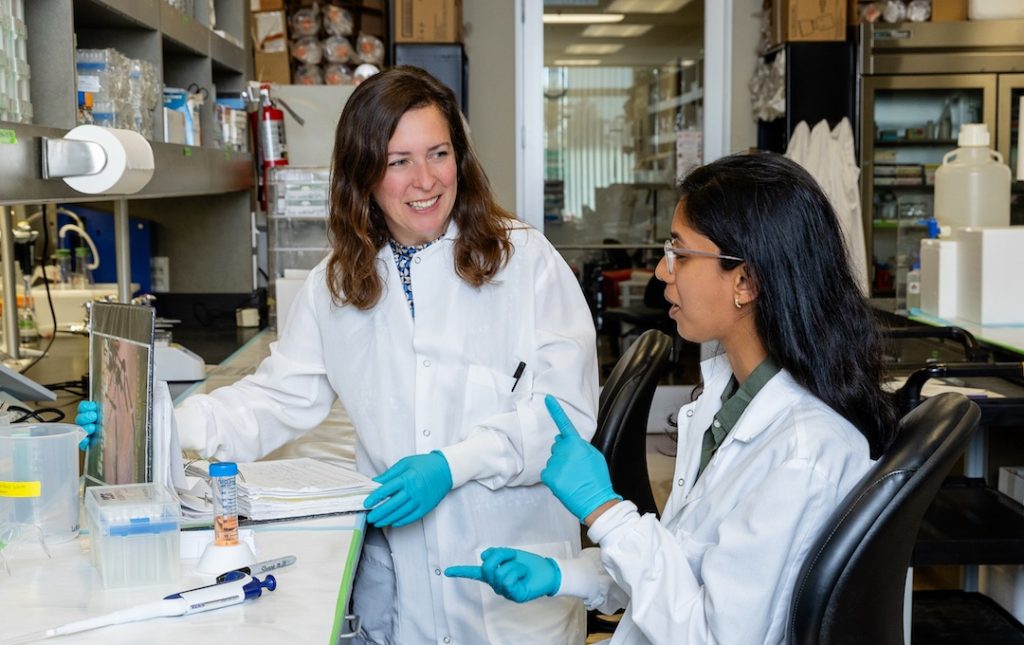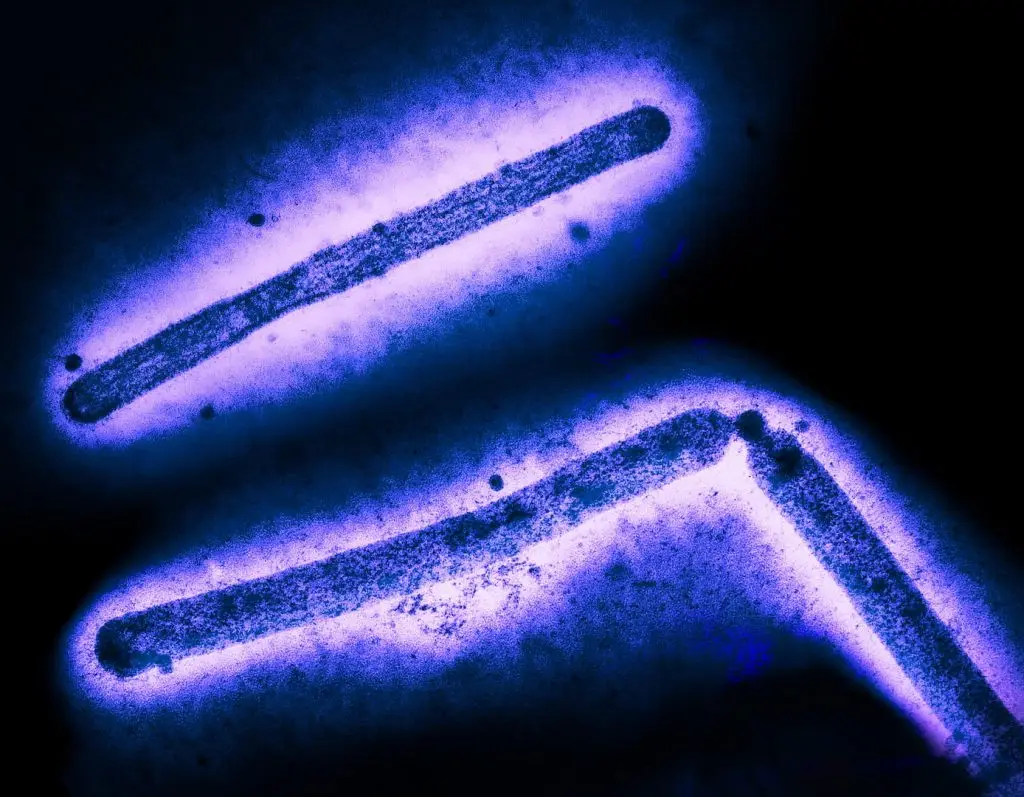Dr. Alessandro Sette has devoted more than 35 years of study towards understanding the immune response, measuring immune activity, and developing disease intervention strategies against cancer, autoimmunity, allergy, and infectious diseases. The laboratory is defining in chemical terms the specific structures (epitopes) that the immune system recognizes, and uses this knowledge to measure and understand immune responses.
The Sette lab’s approach uses epitopes as specific probes to define the immune signatures associated with productive/protective immunity versus deficient immunity/immunopathology. This research will improve understanding of how the body successfully battles infection, and conversely, how pathogens escape the immune system, causing the individual to succumb to disease. Because of the laboratory’s success in its study of immune response, Sette and his team believe their research will lead to development of new therapeutic and prophylactic approaches to fighting infectious diseases. In this area, Dr. Sette’s disease focus has shifted over the years from HIV, HBV and HCV to emerging diseases and diseases of potential biodefense concern to, most recently, diseases and pathogens relevant to worldwide global health, including SARS-CoV-2, Dengue, Zika, Chikungunya, malaria, M. tuberculosis, B. pertussis, and shingles. Furthermore, Dr. Sette’s team has adapted the methods and techniques developed in the context of infectious disease to understand the T cell response to common allergens and to discover a cell component in Parkinson’s Disease.
Finally, Dr. Sette has overseen the design and curation efforts of the national Immune Epitope Database (IEDB), a freely available, widely used bioinformatics resource, since its inception in the early 2000s. The IEDB catalogs all epitopes for humans, non-human primates, rodents, and other vertebrates, from allergens, infectious diseases, autoantigens and transplants, and includes epitope prediction tools to accelerate immunology research around the world.

























